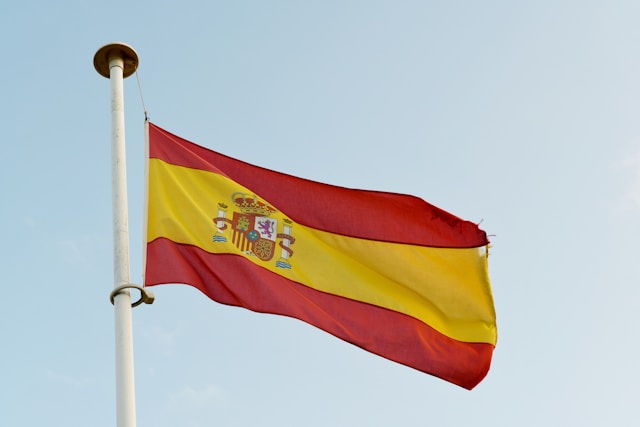Spain is battling one of its most destructive wildfire seasons in decades, with multiple blazes raging across the country despite a recent drop in temperatures. On Tuesday, thousands of firefighters, supported by soldiers and water-bombing aircraft, worked tirelessly to contain fires that have scorched parched woodlands, particularly in the northwestern Galicia region.
The fires have devastated small, sparsely populated towns, with locals in areas like Rebordondo village near Ourense stepping in to combat flames before professional help arrived. Spain’s weather agency, AEMET, reported a “very high or extreme” fire risk in Galicia, where unmanaged vegetation and depopulated rural areas have created a dangerous buildup of wildfire fuel, according to ecologist Adrian Regos from the Biological Mission of Galicia.
This year’s fires have already claimed four lives in Spain and burned over 382,000 hectares (1,475 square miles), an area more than twice the size of metropolitan London, according to the European Union’s European Forest Fire Information System (EFFIS). Human activity is a significant factor, with Spain’s Civil Guard detaining 23 suspected arsonists and investigating 89 others.
International aid has arrived, with German firefighting units joining efforts in northern Spain, and over 20 vehicles deployed to tackle a blaze in Jarilla, Extremadura, near the Portuguese border. Prime Minister Pedro Sánchez visited affected areas on Tuesday, highlighting the role of climate change in fueling the fires. “The climate emergency is becoming more and more recurrent, more frequent, and has an ever greater impact,” Sánchez said, echoing concerns from rural communities.
In neighboring Portugal, over 3,700 firefighters are battling four major fires in the north and center, which have burned approximately 235,000 hectares (907 square miles)—nearly five times the 2006-2024 average for this period, per EFFIS. Two fatalities have been reported.
Europe, warming twice as fast as the global average since the 1980s, faces increasing fire risks due to climate-driven heat and dryness, according to the EU’s Copernicus Climate Change Service. As Spain and Portugal continue their fight against the flames, the region braces for the growing challenges of a changing climate.

